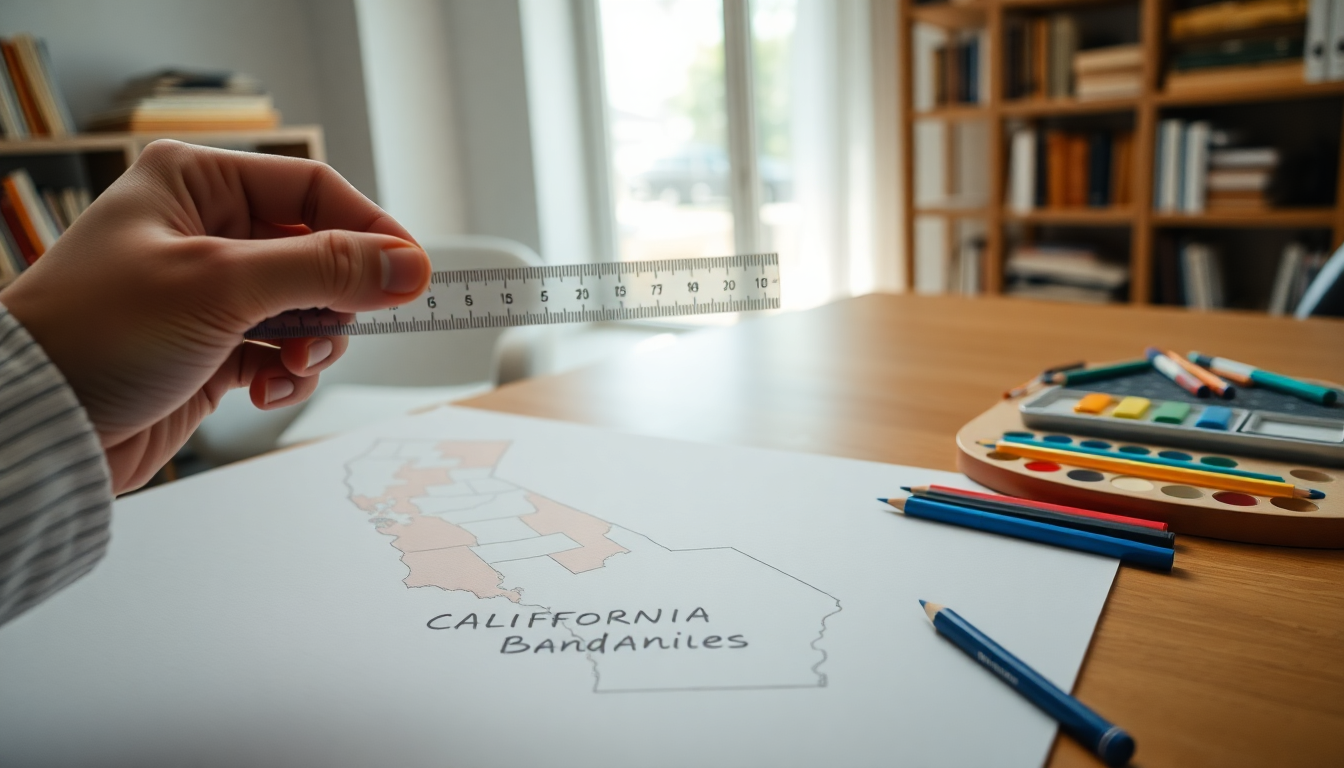Table of Contents
The current redistricting debate in California has sparked intense discussions about democracy and representation. Have you ever wondered how the lines that define your voting district are drawn? As California Democrats push to redraw these maps in response to Texas’s redistricting, the implications go beyond politics; they touch on the very fabric of our electoral process. Let’s take a closer look at the intricacies of redistricting, the motivations behind it, and what it all means for you, the voter.
Understanding Redistricting in California
California has long prided itself on a redistricting process that aims to uphold democratic integrity. After the passage of constitutional amendments in 2008 and 2010, the state created an independent Citizens Redistricting Commission. This commission was established to ensure that redistricting is free from political manipulation, allowing citizens rather than politicians to choose their representatives. The commission’s job is to keep communities of interest together and to conduct public hearings across the state, making the process more transparent and inclusive.
But recent developments have raised eyebrows. Governor Gavin Newsom’s proposal to redraw district lines without seeking public input has ignited outrage among supporters of the independent commission. Critics argue that this undermines the core principles of democracy—shouldn’t voters have a say in how their electoral districts are shaped? By potentially splitting counties and cities multiple times, the proposed maps could result in fewer competitive districts, which might ultimately disenfranchise voters. Isn’t it crucial that every voice is heard?
The Financial and Democratic Stakes
Beyond the immediate political implications, there are significant financial stakes in Governor Newsom’s redistricting plan. Estimates suggest the process could cost California between $200 and $250 million. This raises some serious questions: Are we prioritizing the right resources? Especially when the governor struggles to fund other critical initiatives, such as Proposition 36, which aimed to tackle crime in California. It seems there’s a troubling trend where political expediency often overshadows the needs of everyday citizens.
Former Governor Arnold Schwarzenegger has also chimed in, warning about the dangers of gerrymandering and stressing the importance of maintaining the independent commission. His concerns resonate with many who fear that abandoning established democratic processes could lead to a cycle of manipulation that erodes public trust. This isn’t just about a few congressional seats; it’s about ensuring that voters have the power to shape their own political representation. Don’t we all want our voices to matter?
Protecting Democratic Integrity
The ongoing debate surrounding redistricting in California serves as a wake-up call to protect our democratic institutions. As calls for reform grow louder, legislation aimed at abolishing mid-decade redistricting is gaining traction. Advocates argue that these measures are essential for maintaining the integrity of our electoral process and ensuring that citizens remain at the forefront of political decision-making. How can we let our democracy thrive if we don’t take action?
It’s vital for lawmakers, including Governor Newsom and Speaker Emerita Nancy Pelosi, to place democracy above short-term political gains. If we set a precedent of sidelining citizen-led initiatives, the potential for future abuses of power becomes a real concern. The path forward must respect the will of the people and uphold the independent commission designed to protect against gerrymandering.
Ultimately, democracy isn’t about snagging seats through manipulation; it’s about earning the trust of the electorate. California must resist the urge to sacrifice its democratic values for fleeting advantages, ensuring that the long-term health of its political system remains intact. So, what kind of future do we want for our democracy? It’s time to think critically and take action!


